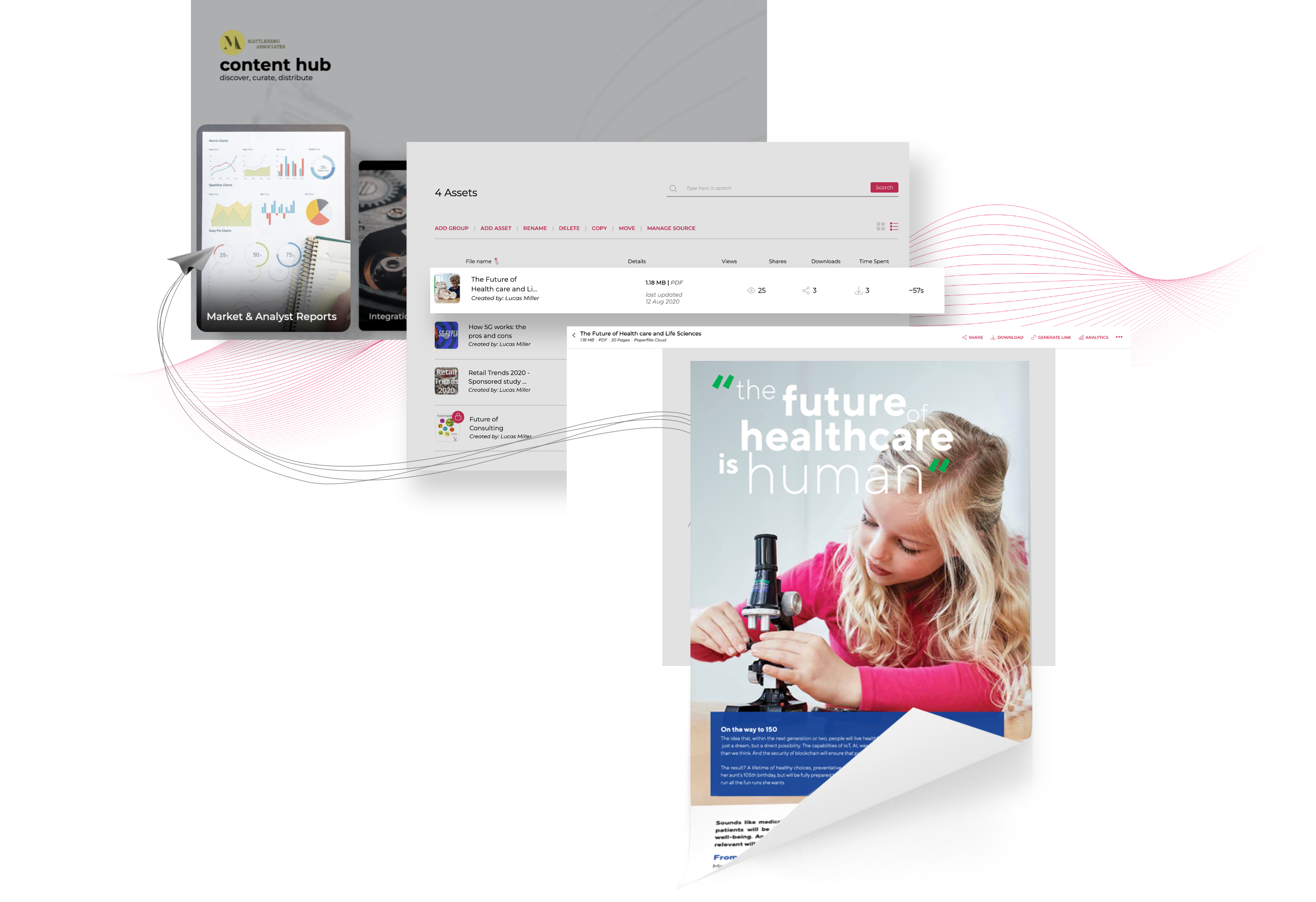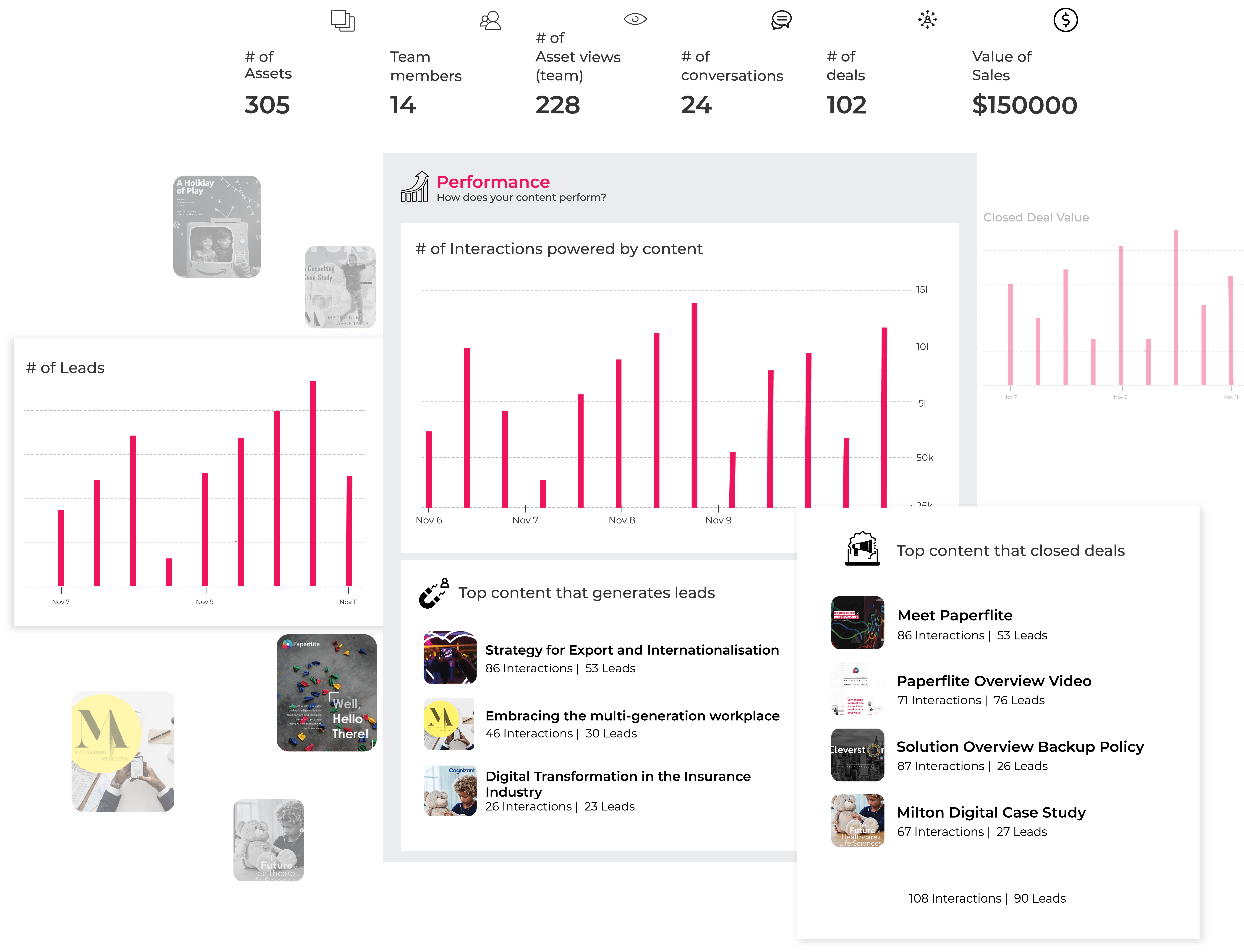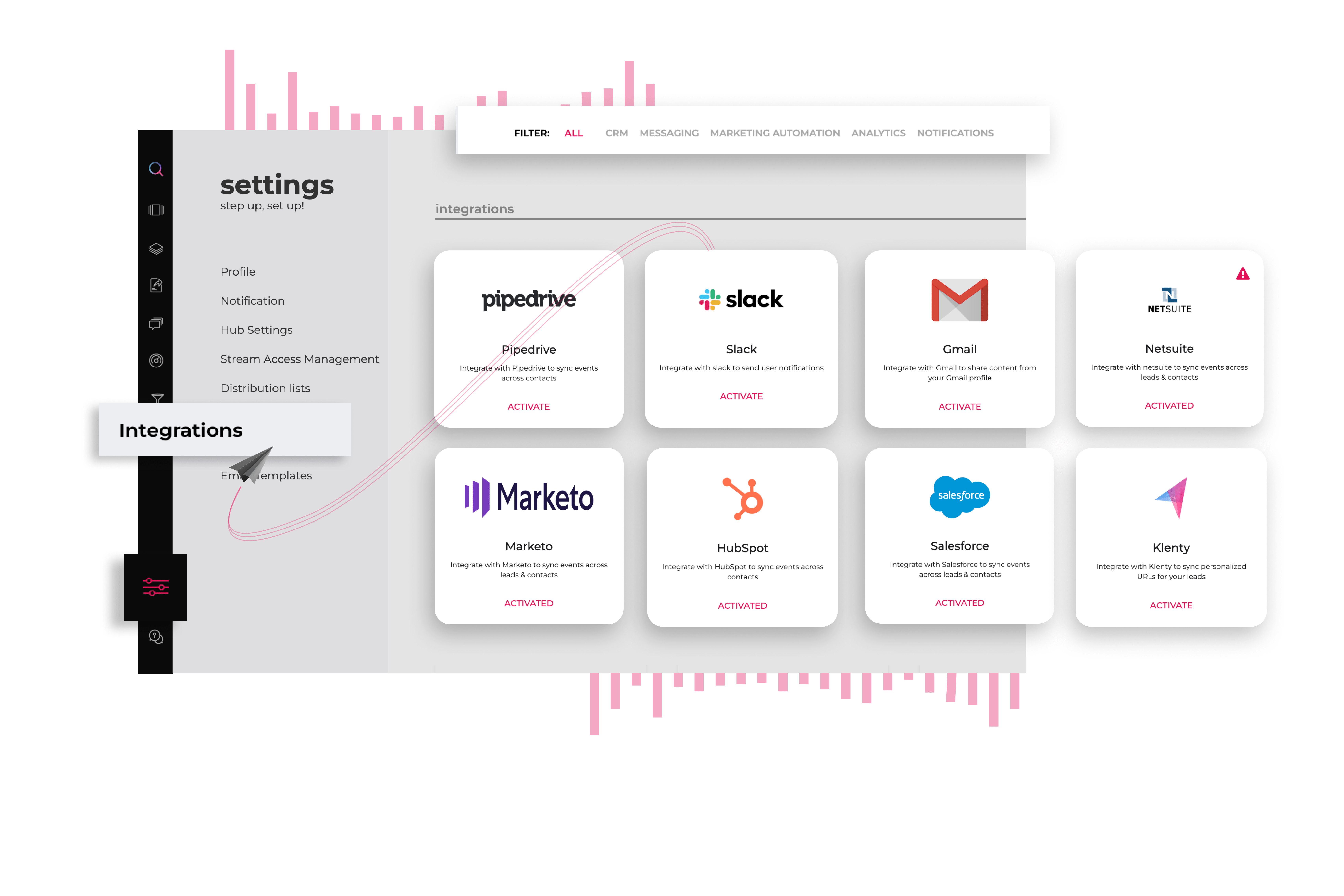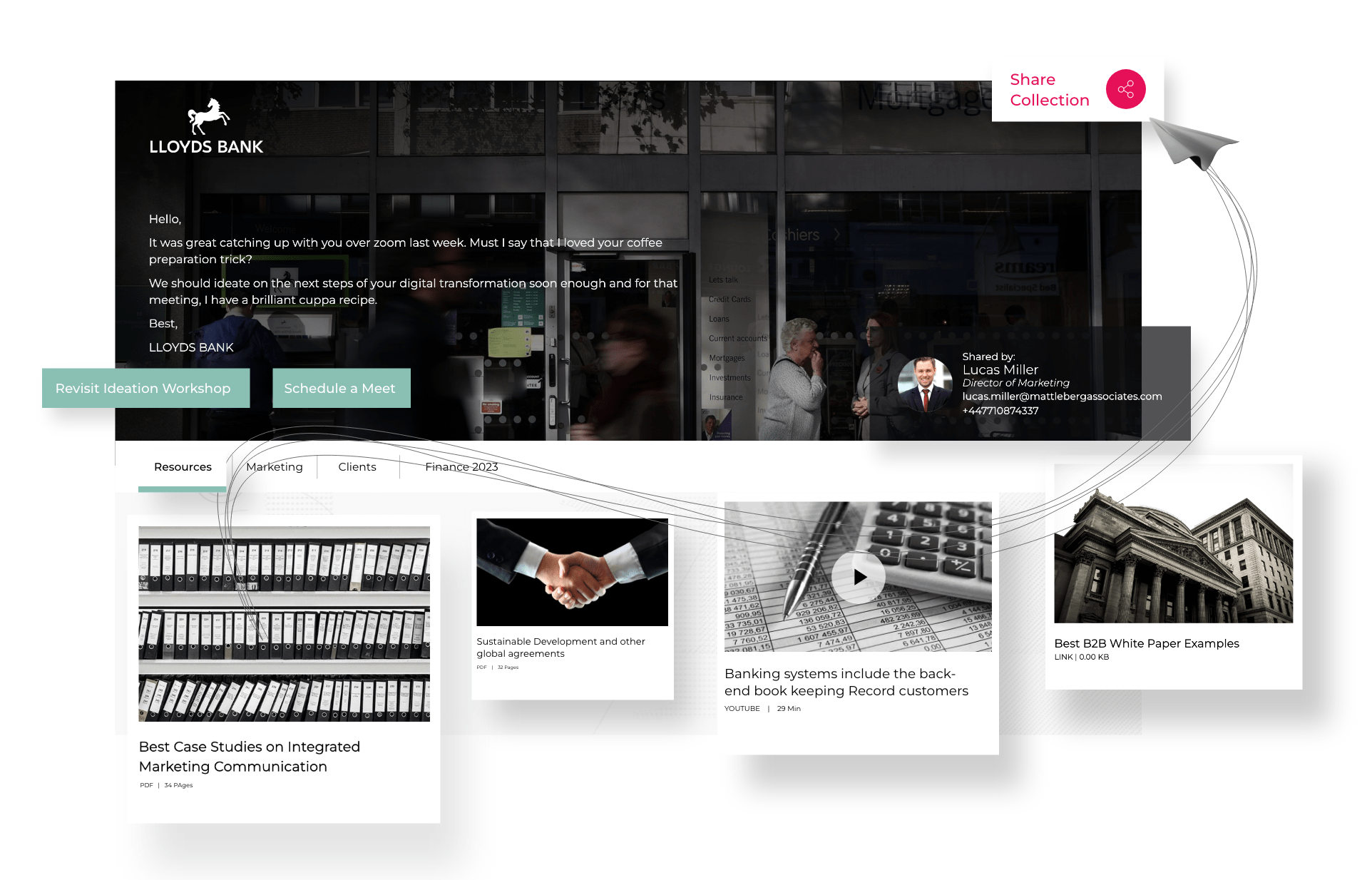6 Must have Features of a Sales Enablement Tool
A whopping 65% of sales leaders who use sales enablement tools have surpassed their estimated revenue targets. These tools equip the sales team with the resources and information they require to successfully engage with the prospects and grow the business making them almost a necessity for businesses to thrive.
But how do you go about finding the right sales enablement tools to invest in? What should you look for? That is exactly what we hope to cover in this blog.
What are Sales Enablement Tools and why do businesses need it?
Multiple teams come together to help the sales team make a sale including product, marketing, finance, support and L&D. They provide data, collateral, training, and support needed for the sales team to actively engage with prospects and close deals faster.
This is a lot of resources, data and information for the sales team to discover, process, use, track and give feedback on. This is where Sales Enablement Tools come in.
Sales Enablement Tools solutions are designed to equip sales teams with the resources, content, and data they need to engage customers effectively and close deals more efficiently. These tools streamline various aspects of the sales process, from content management to training and analytics.
They also help establish workflows, automate repetitive tasks, encourage collaboration, and generally empower sales teams to consistently succeed!
6 features your sales enablement tools must have
Sales Enablement Tools are loaded with features that can overwhelm anyone evaluating them. So, we’ve curated a list of must-have features to look for when looking for sales enablement tools for your business.
1. Content Management and Distribution
Problem: Sales teams often struggle to find and utilize the right content at the right time.
95% of business-to-business (B2B) buyer decisions are influenced by marketing and sales content.
Solution: A robust content management system (CMS) within your sales enablement tool ensures that all sales materials are organized, easily accessible, and up-to-date. This allows sales reps to quickly find and share relevant content with prospects, leading to more effective and personalized interactions.
Impact: Improved content accessibility leads to shorter sales cycles and higher conversion rates, as reps spend less time searching for information and more time engaging with customers.

2. Analytics and Reporting
Problem: Lack of insight into sales performance and customer behaviour.
Solution: Key metrics and analytics give you an overview of the effectiveness of the sales conversations and customer engagement. This provides actionable insights into sales and content effectiveness. These tools can help identify industry trends, and highlight areas for improvement.
Impact: The actionable insights provided by the metrics and analytics lead to more effective sales and marketing strategies which in turn leads to increased user engagement and faster sales cycles.

3. Automation and Integrations
Problem: fragmented data spread across various systems, such as CRM platforms, marketing automation tools, and content management systems resulting information silos, making it difficult for sales reps to access the insights they need to engage customers effectively.
According to G2 Sales Enablement Statistics, 79% of customers expect consistent interactions, and yet 55% of customers say that it feels like they are separately communicating with different departments.
Solution: Strong integration capabilities allows sales reps to access all data, content, and information in one place reducing the number of tools sales reps have to juggle between. They also get a unified view of customer interactions allowing them identify and to do more of what’s working.
Impact: CRM and MAP integrations improve data accuracy and enables more personalized customer interactions ensuring sustained customer engagement and improving customer satisfaction.

4. Personalization
Problem: Low customer engagement and retention
Solution: Content and conversation recommendations based on past interactions and real-time engagement data ensuring unique and memorable engagement with their customers.
Impact: Personalized interactions help increase overall user engagement and retention by catering to each customer’s individual needs.

5. Mobile Accessibility
Problem: Accessibility for sales personnel
Solution: Mobile-friendly applications of sales enablement tools that allow sales representatives to engage with their team and clients, input and update data. It also allows them to access the relevant sales content when speaking to prospective clients. It can be easily accessed from their cell phones and/or tablets.
Impact: For sales representatives who travel, mobile accessibility allows for flexibility and ease in entering data, as well as in communicating with the team and clients.

6. Data Protection
Problem: Potential breach or unotherised access of sensitive customer data leading to severe legal and financial consequences along withloss of trust, reputation and revenue.
Solution: Encryption of data both at rest and in transit along with features like multi-factor authentication, role-based access controls, and regular security audits help safeguard sensitive data. Compliance with industry standards and regulations, such as GDPR or CCPA also ensures adherence to the highest levels of data protection and privacy requirements.
Impact: Data protection in sales enablement tools not only protects the company from potential data breaches and compliance issues but also builds trust with customers who are increasingly concerned about how their data is handled.
Paperflite is a content platform that manages marketing and sales content with ease. If you are looking for a tool with any or all of the above features, Paperflite is the right choice for you. Talk to us to streamline and measure the impact of your sales enablement efforts. !
